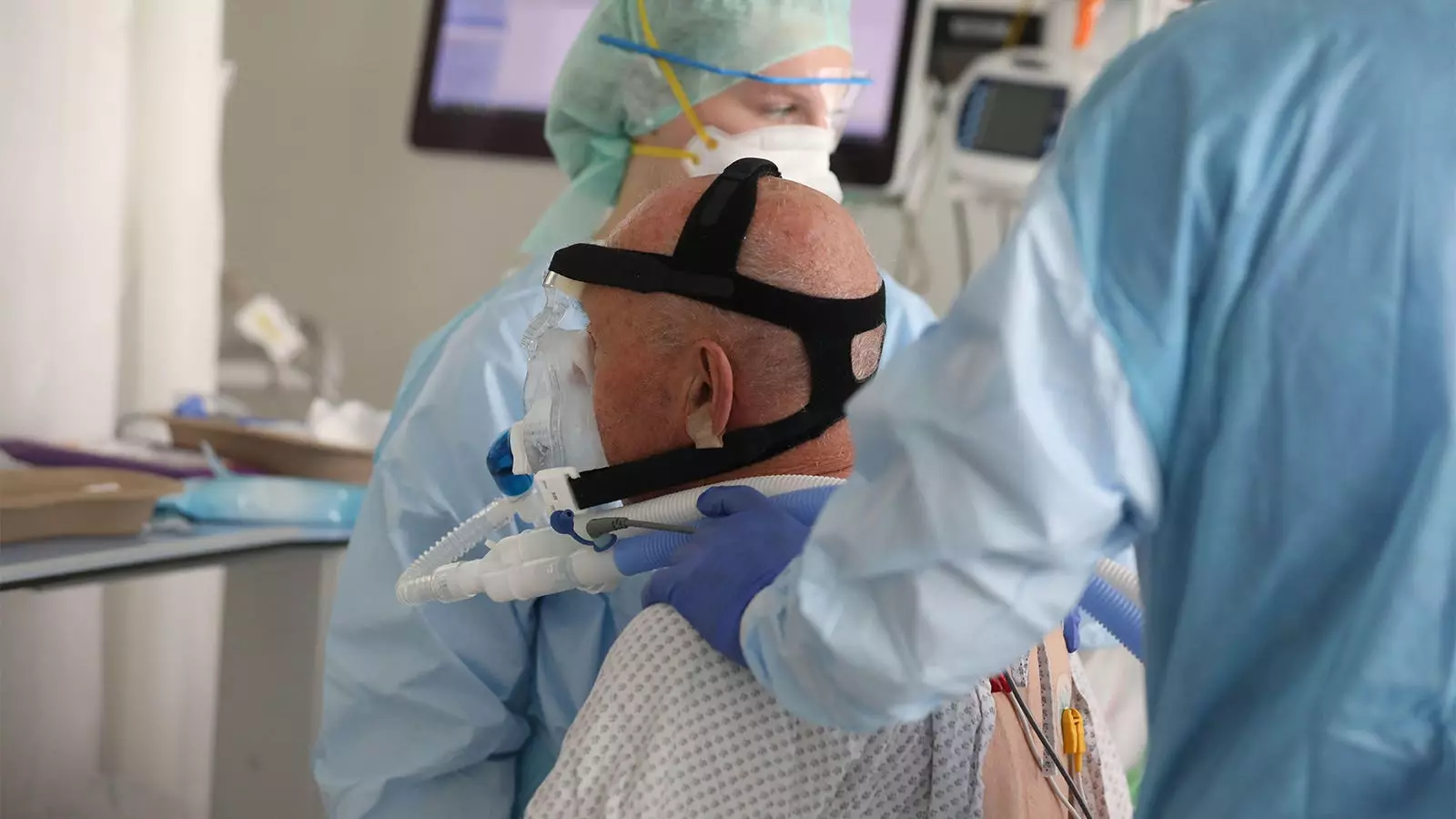A recent retrospective study conducted by Bharati Prasad, MD, MS, and colleagues at the University of Illinois at Chicago explored the relationship between obstructive sleep apnea (OSA) and the use of non-invasive ventilation (NIV) in hospitalized veterans with COVID-19. The study also examined the impact of booster vaccination on respiratory failure progression in this population. The findings shed light on the potential benefits of COVID-19 vaccination in reducing the need for NIV and mechanical ventilation among patients with OSA and other comorbidities.
The study revealed that patients with OSA had higher odds of requiring low- and high-flow oxygen, NIV, and mechanical ventilation compared to those without OSA. However, after adjusting for confounders, only the association between OSA and NIV remained significant. This highlights the importance of considering OSA as a risk factor for respiratory complications in COVID-19 patients. Prior research has shown that OSA is associated with higher rates of COVID-19 infection, hospitalization, and long COVID, suggesting a potential link between OSA-related hypoxia and inflammation and the severity of COVID-19.
The study also found that a booster dose of COVID vaccine was associated with a decreased likelihood of NIV and mechanical ventilation in hospitalized patients. This protective effect was consistent across all patients, regardless of OSA status. The researchers emphasized the importance of booster doses in reducing the progression of acute respiratory failure, especially in older, diverse populations with OSA and other comorbidities. The findings support the existing evidence of the dose-response benefit of COVID vaccination in preventing severe respiratory outcomes in COVID-19 patients.
While the study provides valuable insights into the relationship between OSA, COVID-19, and vaccination, there are several limitations to consider. The lack of quantitative data on OSA severity and PAP device usage, as well as limited information on vaccination records after a third dose, highlight the need for further research in this area. Future studies should aim to explore the mechanisms underlying the protective effects of COVID vaccination in patients with OSA and identify strategies to improve outcomes in this vulnerable population.
The study by Prasad and colleagues underscores the importance of recognizing OSA as a potential risk factor for respiratory failure in COVID-19 patients. The findings highlight the benefits of booster vaccination in reducing the need for NIV and mechanical ventilation, regardless of OSA status. Moving forward, efforts to increase vaccination coverage and improve respiratory support strategies for patients with OSA are crucial in mitigating the impact of COVID-19 on vulnerable populations.


Leave a Reply